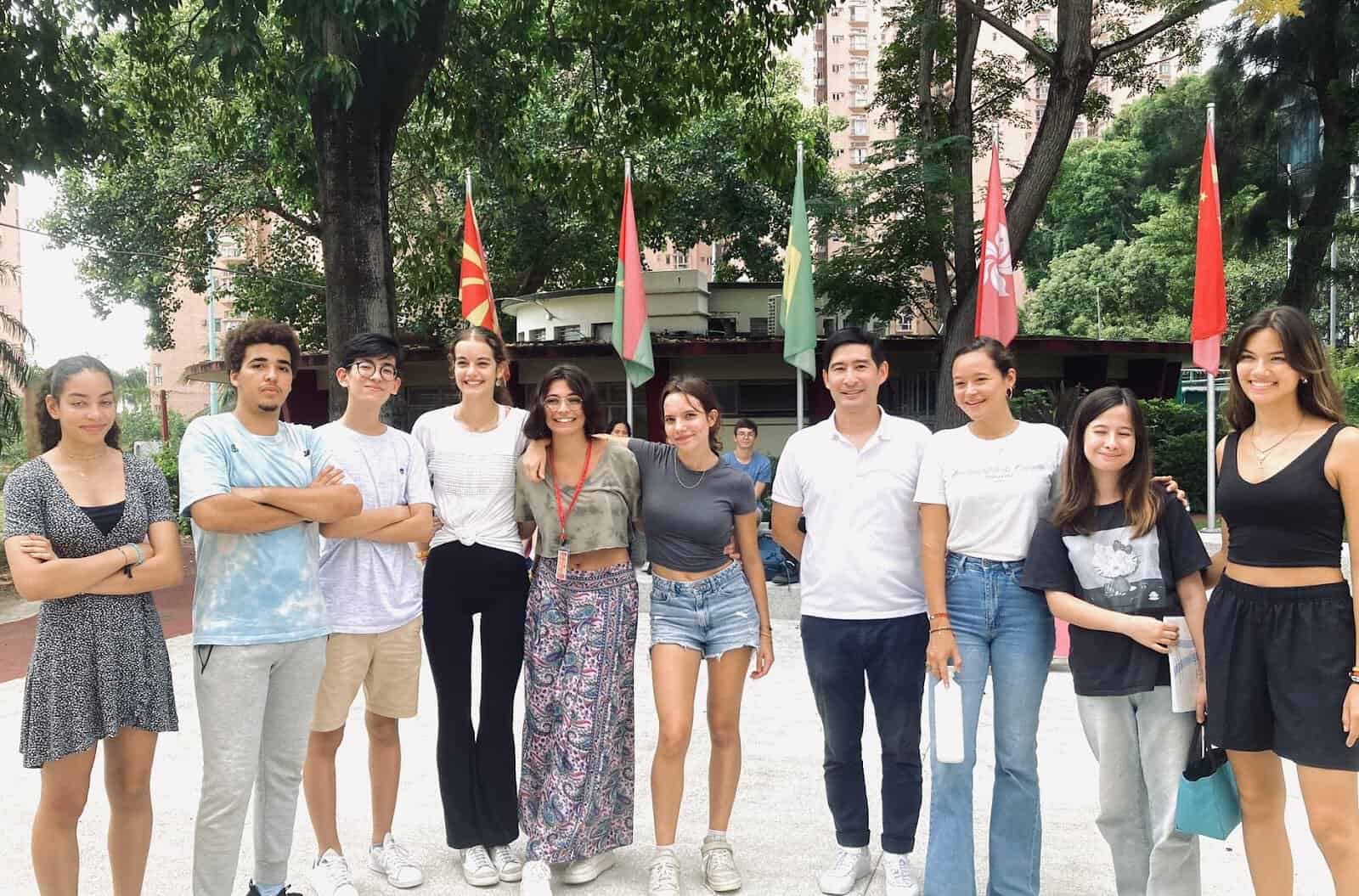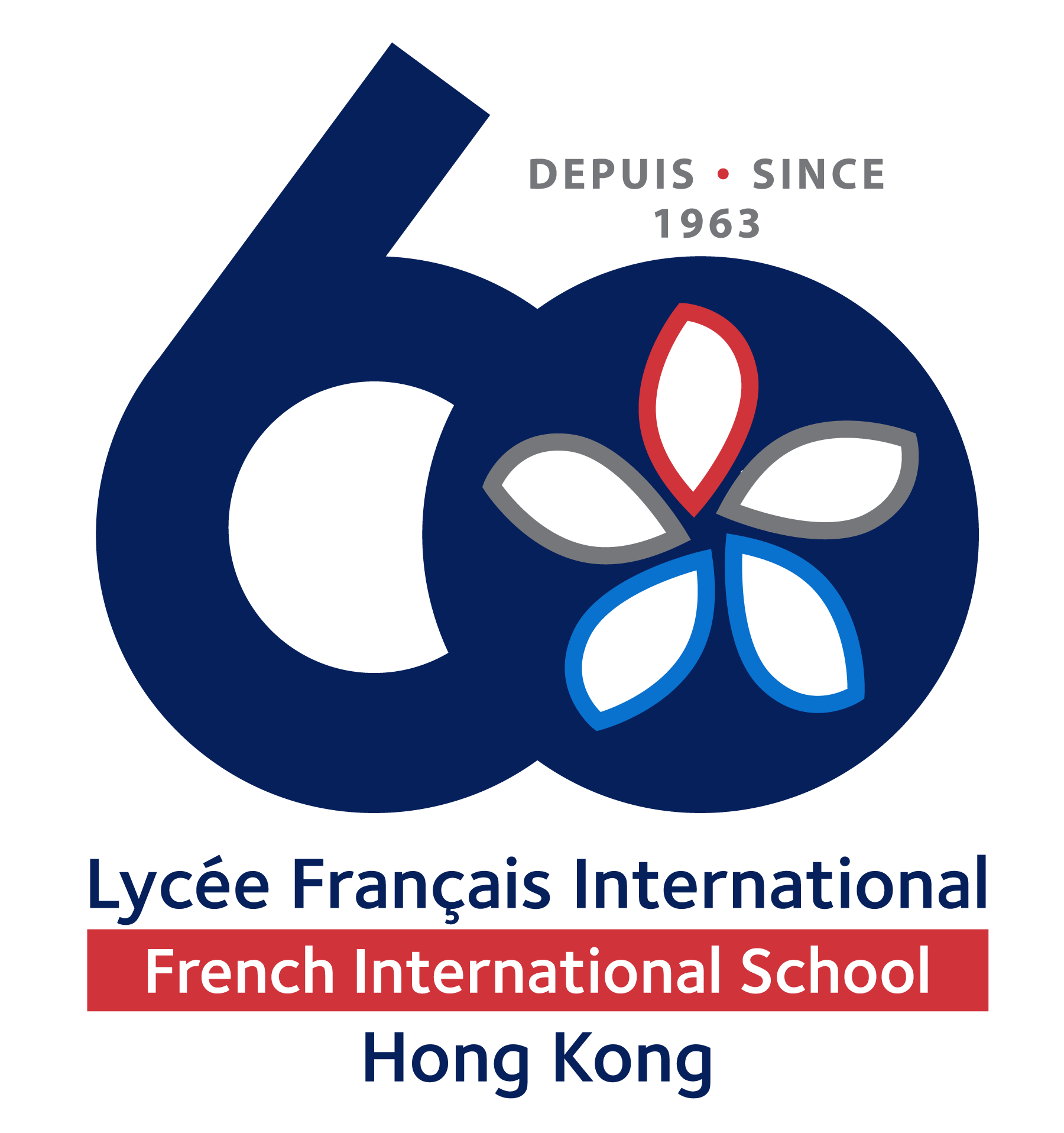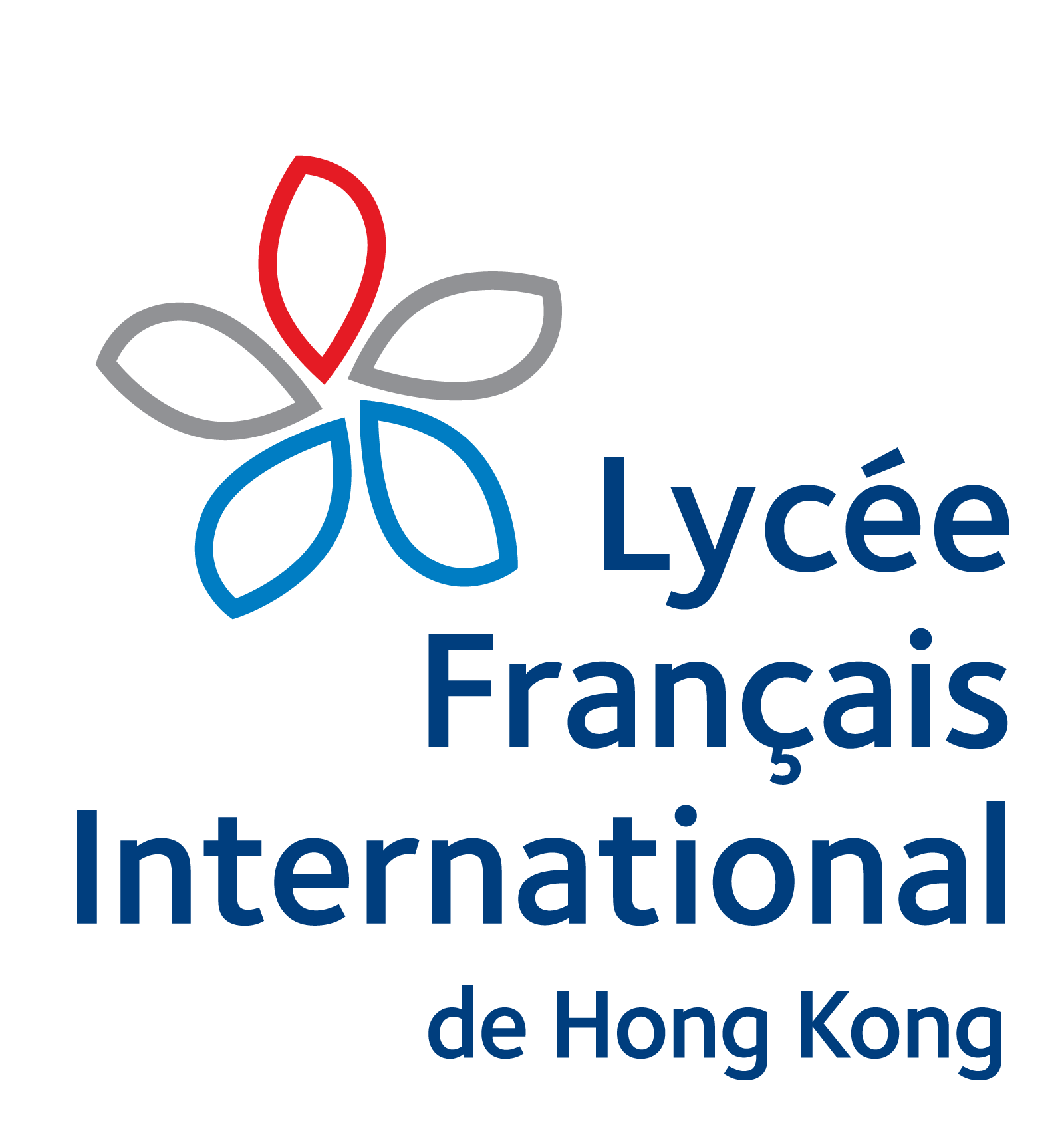The Sustainable Development Film Festival: Interview with its founder, Iv Charbonneau.
1. Could you please tell us a bit about yourself and what motivated you to launch the Sustainable Development Film Festival?
I’m a teacher in the field of social sciences as well as cinema (we will be introducing a cinema option next year at FIS with my colleague Jason Chan). I’m also a writer-director, and I have directed two feature films for cinema and television, although since I’ve been in Hong Kong, I haven’t had much time to dedicate to this work. It’s not always easy to juggle everything, which is why I strive to combine my two activities, which complement each other well; the work of a teacher is a privileged position for observing society and its changes, which nourishes my cinematic reflections. Cinema can also be a field that I incorporate into my teaching, with the ambition not only to show students films but also to engage them in the practice. Making a film means thinking about image, sound, time; it means structuring a message and participating in a collective adventure that leaves a mark on those who do it and impacts those who watch. At the core of these two activities is the desire to transmit knowledge. Lastly, I am particularly sensitive to social issues, environmental, social, economic, and political challenges, and how they intersect in a time of profound reconfiguration. I want to contribute to raising awareness among young people by making them agents of change, giving them a voice, and allowing them to open up to the world and meet committed individuals in a less formal way. The Sustainable Development Film Festival is designed with this perspective in mind.
2. What can we expect from the 2024 edition?
This is the third edition, and we are still in an expansion phase. Building on the experience of last year, we are seeking to open the Festival at an international level. As a teacher trainer for the AEFE, I have taken on the role of spreading the word and training teachers from partner high schools in the AEFE Asia Zone. The momentum has exceeded my expectations, as this year we will have films from nearly 20 institutions, including Saint-Domingue! In total, there are more than 60 films, each offering a different perspective on various subjects, covering all the Sustainable Development Goals, classified into 5 categories (Planet, Peace, People, Prosperity, and a fifth category named Impact for films under 3 minutes). They provide a panorama of situations that showcase our network and help us understand the concerns of our youth. Other international schools from Hong Kong have also joined us, and the Festival was honored with the “Best Green Education Initiative Award/Outstanding Award” given by the Hong Kong government (Hong Kong Awards for Environmental Excellence).

3. This year, you teamed up with Melati Wijsen. What motivated you to approach her? What has been her involvement with the students?
Melati Wijsen is a global figure, a dynamic young woman who acts with determination and inspires a whole generation of young change-makers. She was brought into the spotlight through cinema, notably in the film “Bigger Than Us” directed by French filmmaker Flore Vasseur. She now leads a vast international network called Youthtopia, which showcases numerous actions around the world and aims to empower young people with the same capacity for action. It’s a fantastic project. We can clearly see how our objectives align, and the partnership naturally came about. With the support of the French Consulate, Melati came to Hong Kong for a few days to meet our students, particularly during an induction day for the participants of the Festival, held last October in partnership with Crossroads organization. This allowed us to launch the film projects and the new edition of the Festival with an emphasis on openness. She then conducted online workshops with all the Festival participants, including those from other countries, with invaluable enthusiasm. A film project is a long-term endeavor, and having such a high-profile patron is a significant source of inspiration and motivation. I would also like to thank other remarkable figures who met our students as part of the festival, such as David Begbie, the creator of the Global Village Life X-perience, and the Papuan chief Mundiya Kepanga. And of course, all the individuals who sincerely engaged with our young filmmakers in the context of their films.
4. How do you support the students in this endeavor? Do those who want to be part of it need any specific skills?
I am now primarily focusing on teacher training within the network to expand the experience. Of course, I myself have still led a few film projects this year as part of my teaching, alongside many other dedicated teachers at the school. I provide students with some simple technical advice, tools, and strategies for organizing their work. There are also some constraints, but I try not to be too intrusive in their projects. It is important to keep in mind that these are amateur films; within this framework, each student brings different qualities and skills, which is the richness of cinema to involve all talents. Some showcase their writing skills, while others demonstrate their ability to organize and unite a team. Some have revealed true talents in producing images, music, or engaging in creative editing… The results are very interesting and touching.
5. Tell us about what awaits us in the weeks to come and the closing ceremony that will take place on 17th May.
The festival officially starts on the 6th of May. Already, our juries (around sixty people from all walks of life) are working tirelessly to arbitrate the competition, and it’s no small task because there is quality! The selected films will all be available on a platform hosted on the school’s website. In addition to the online version, the festival is punctuated by events dedicated to each category, which mostly take place in our TKO auditorium. In reality, a first event has already taken place in advance, dedicated to the Peace category, on the 17th of April. We took advantage of the presence in Hong Kong of the geopolitologist Frank Tétart, who, along with Philippe Schwab, a member of the AFP editorial team, conducted a Q&A focused on international relations that particularly concern our community. The presented films were all very moving; we screened 4 of them, but many others are truly fascinating. I invite you to watch them all as soon as the platform is open, on the 6th of May! The closing ceremony of the Festival will take place on the 17th of May, starting at 16:00, on the TKO campus. Once again, it’s a huge collective effort, involving the students of the Filmfest organizing committee, the mobilization of all school services, the Sustainable Development Manager, Martial Jaume, our Director of Pedagogical Innovation, Yann Houry, the Events, Marcom, Finance departments, and of course FISCA. The idea is to make it a big celebration for our entire community. Alongside the screening of the best films and the award ceremony, all forms of art will be showcased because cinema is also a fantastic meeting point. The audience will be able to enjoy numerous activities for all ages, art exhibitions organized by our teacher Julien Jouaud, with the exceptional presence of the French artist Caroline Tronel (aka The French Girl) and the photographer Tantri F Hidayanti, live music conducted by Xavier Costantini, living books by Alice Rensy, the Climate frescoes by Martial Jaume, scientific workshops by Julien Senant, and many other things. I won’t reveal everything; you have to come!!! Tickets will be available for reservation very soon; a price of HK$50 is set, which will offset the event’s carbon emissions by planting trees with our partner Ecomatcher.
6. Are you already thinking about next year? How do you envision the upcoming editions of the festival?
I hope that the expansion phase will consolidate and continue, thanks in particular to the support of the AEFE. I would like to broaden participation to other regions, as we have already done with Santo Domingo, as it is moving to receive images from other continents; Africa would be great! In the medium term, I would like to include a competition for professional films, to make the Festival a space for interaction between amateurs and professionals. The experience of the screenings of films such as “Bigger Than Us,” “Brother of the Trees,” and others in past years, in partnership with other festivals like the Hong Kong Jewish Film Festival or with the Alliance Française, has been successful and will serve as a foundation for the future. In any case, the adventure continues and proves to be exciting! Here’s a link : https://vimeo.com/931880742?share=copy



